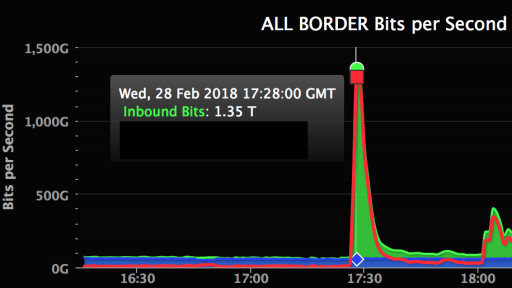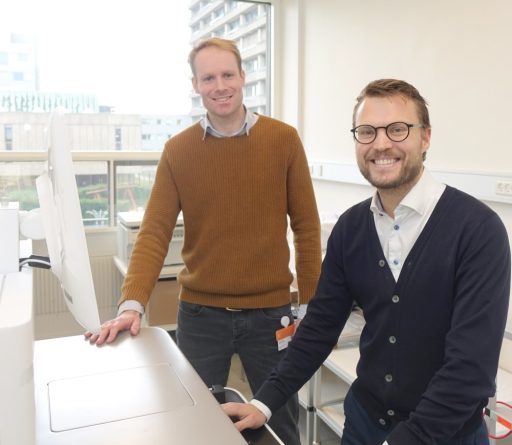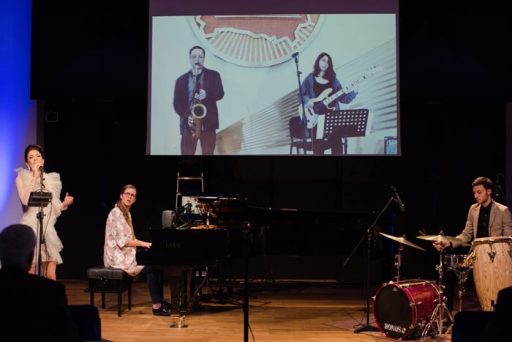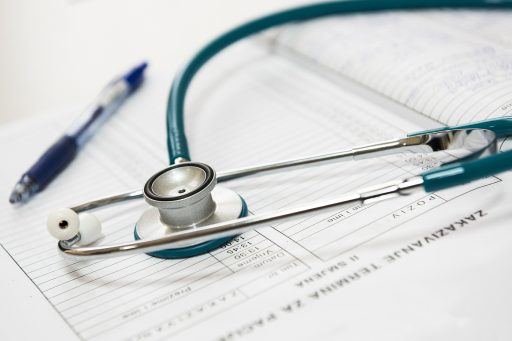As cyber attacks increase steadily in frequency and scale, the importance of defending ones own network against attackers increases as well. That is why many R&E networks have a Computer Emergency Response Team, CERT, to handle security incidents.
To study the strategies animals use to navigate the world around them, researchers analyse the behaviour of roundworms to create a model system. The project faced a number of data challenges that threatened to hold the team back from their scientific goal.
Zeus is a highly successful online voting system with ultra-high security, excluding any possibility of tampering with the result, together with guaranteeing full voter anonymity.
Without a direct connection across the Danish NREN, the national hospital Rigshospitalet would not have been able to use its new gene sequencing equipment.
‘Music Without Borders’ using LoLA low latency data transmission technology was enjoyed by Ministers and Ambassadors from around Europe and Eastern Partnership (EaP) countries.
Wonder what a Research & Education network is all about? The bright people at Norwegien R&E network Uninett have produced a marvelous little video explaining the basics of it all – in just 78 seconds. Take a look and get enlightened!
When artworks are too fragile to be moved, you have to come to them. The MOLAB team helps art historians and conservationists study fragile artefacts with hi-tech non-invasive equipment.
The ‘Holy Grail’ of medical diagnostics is an imaging technique that allows screening, diagnosis and monitoring of the progress of disease without damaging tissue or harming the patient. Processing and analysing large amounts of research data and collaboration between researchers play a central role.
The LAGO (Latin American Giant Observatory) project traverses the skies of Latin America to set its sights on uncovering the mysteries of faraway galaxies.









